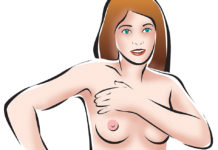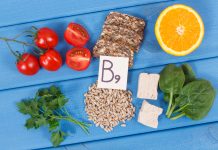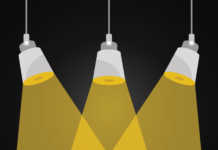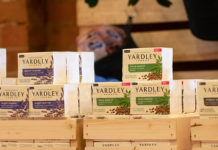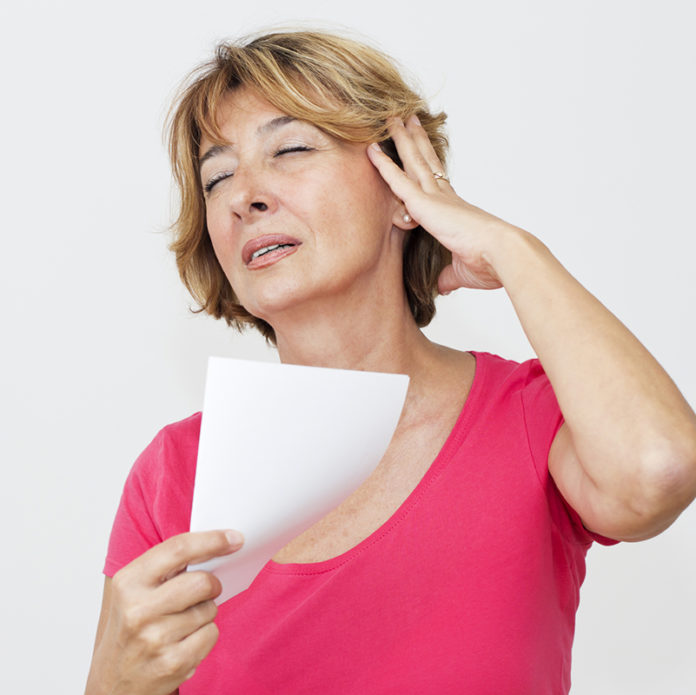
Natural considerations for alleviating hot flashes.
by shawna darou, nd
Experiencing hot flashes? You’re definitely not alone — 75 percent of North American women also have the same experience. A menopausal hot flash occurs when a woman’s hormones naturally shift during perimenopause (the years leading up to menopause) and menopause. When estrogen levels fluctuate along with low levels of progesterone, a hot flash will result. A hot flash consists of an increased body temperature, blood flow to the skin (flushing), sweating, increased heart rate and palpitations lasting from a few seconds to a few minutes. In naturopathic medicine, the goal is to restore health in a gentle and effective way. The treatment of hot flashes may include some of the following:
EXAMINING STRESS
Periods of high stress will bring on hot flashes, increasing their intensity and frequency. There is a direct correlation between anxiety in women and the severity of their hot flashes. Studies have shown that relaxation exercises — such as deep breathing and progressive muscle relaxation — can significantly decrease flushing.
THE RIGHT STUFF
Adjusting your diet to contain lots of fruits and vegetables, sufficient protein, healthy fats and complex carbohydrates will support optimal body health. Your diet provides the building blocks that contribute to your hormones and neurotransmitters, both of which affect hot flashes and night sweats. Dietary factors that may aggravate hot flashes include: caffeine (especially in coffee), smoking, consuming red meat, spicy foods
and alcohol.
SUPPLEMENTAL INFO
A naturopathic doctor may inform you of the many nutritional supplements that can contribute to reducing hot flashes. Black cohosh is one option. According to the University of Illinois and the National Institute of Health (UIC/NIH) Center for Botanical Dietary Supplements Research, the herb may act on the chemical sensors called opiate receptors, inevitably playing a role in body temperature regulation. Besides black cohosh, other effective supplements include: sage (has a cooling effect on the body and can actually be taken as a supplement or herbal tea), chaste tree berry (helpful in the perimenopause phase as it supports progesterone production) and red clover extract (a phytoestrogen that contains isoflavones, which is known to mimic the effects of estrogen).
DIFFERENT PERSPECTIVES
Many naturopathic doctors will also choose to look at hot flashes and other symptoms of menopause from a Chinese medicine perspective. Chinese herbs are chosen based on a Chinese medical diagnosis to restore harmony to a system that is out of balance. Often in cases where symptoms do not respond to black cohosh-based supplements, a combination of acupuncture and Chinese herbs will help.
Several homeopathic remedies are particularly indicated for hot flashes and other symptoms of menopause. Always speaks to your doctor about any new supplements or diet changes you are considering trying for the first time. Also, remember to disclose all of your medical background — this will help your doctor determine the right treatment for you.
REFERENCES
Kaur SD, Danylak-Arhanic M, Dean, C. The Complete Medicine Guide to Women’s Health. Toronto, ON: 2005.
Hudson, Tori. Women’s Encyclopedia of Natural Medicine. New York, NY: McGraw-Hill, 2008.
Northrup, C. The Wisdom of Menopause. New York, NY, 2003.








